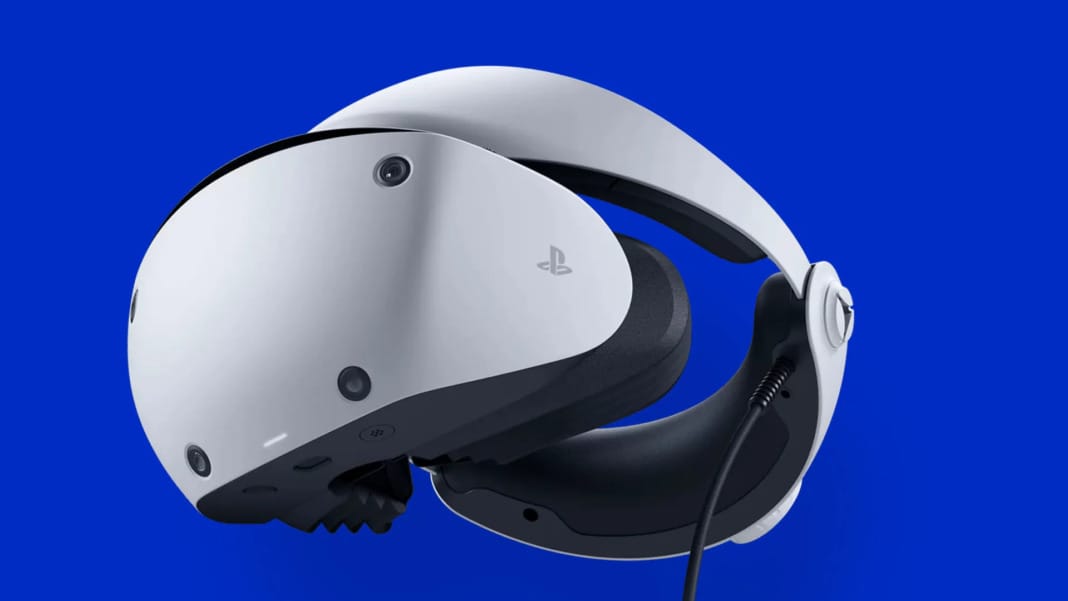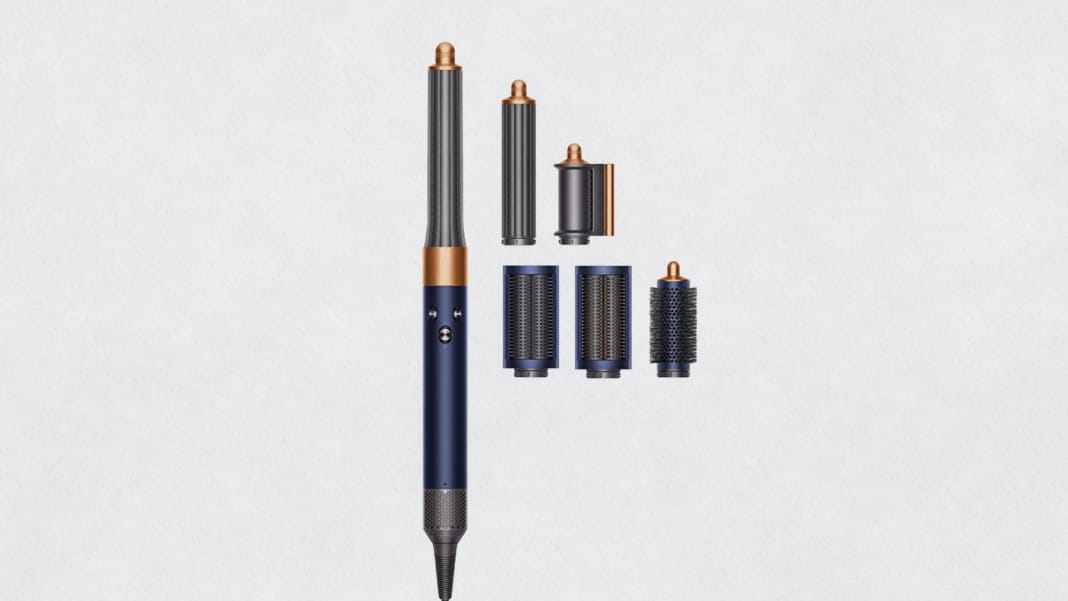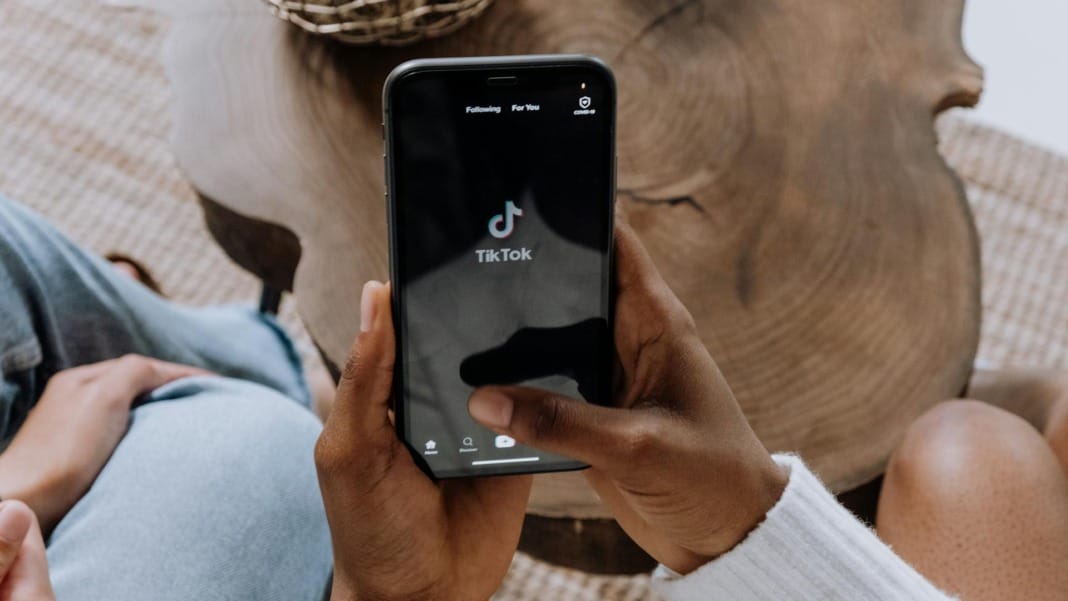In a surprising turn of events, Sony has decided to halt manufacturing its PlayStation VR2 headsets, a move that has caught the attention of the virtual reality community. After rolling out over two million units of this advanced gaming gear, Sony is taking a step back to address the accumulating unsold stock, a situation first reported by Bloomberg. This decision reflects a broader challenge within the VR industry as companies grapple with balancing innovation and market demand.
A challenge of content
Launched last February at a hefty price tag of US$549, the PSVR 2 was poised to revolutionise gaming for PlayStation 5 users. However, despite its compatibility with high-calibre titles such as “Horizon Call of the Mountain,” “Gran Turismo 7,” and select “Resident Evil” games, alongside an assortment of indie games, its sales have not lived up to expectations. The headset’s cost, surpassing even that of the PS5, set high expectations among consumers for an expansive and engaging gaming library. Bloomberg’s report suggests that this mismatch between price and available content has led to dwindling shipment numbers each quarter since its launch.
Notably, Sony isn’t the only company facing these hurdles. Other tech giants, including Meta and Apple, have encountered similar issues, indicating a widespread challenge across the VR industry to produce a compelling content catalogue that justifies the investment in high-end hardware.
Impact on Sony’s workforce
The ramifications of this decision extend beyond production lines and into Sony’s studios. Recent layoffs have affected teams and studios integral to developing VR titles, including the closure of its London Studio and downsizing at Firesprite studio, known for its work on “Horizon Call of the Mountain.” These layoffs, impacting around 900 employees or 8 per cent of Sony’s workforce, underscore the company’s broader strategy adjustments in response to the PSVR 2’s market performance.
Exploring new horizons
To bolster the appeal of the PSVR 2, Sony has announced plans to test PC compatibility, aiming to widen the library of games available to headset owners. This move could potentially open doors to a vast array of PC-based VR content, thereby enhancing the PSVR 2’s value proposition for existing and prospective users. Details on the extent of PC support remain sparse, but the initiative is scheduled to roll out later this year, signalling Sony’s commitment to expanding its VR ecosystem.
This strategic pivot highlights the ongoing challenges within the VR industry, including aligning technological advancements with compelling content and user expectations. As Sony navigates these waters, the future of PSVR 2 and virtual reality gaming remains a keen interest and speculation topic.





